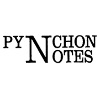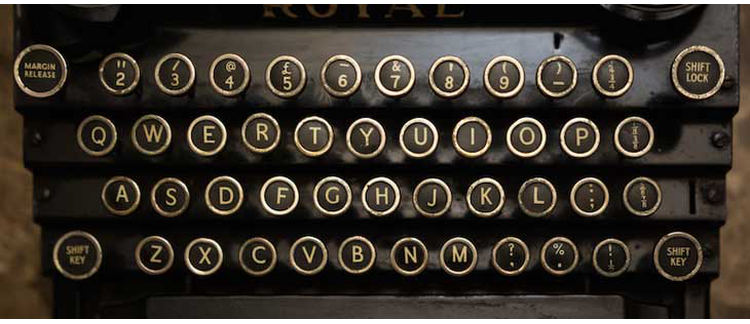Abstract
Periodically a culture produces an author whose writing embodies it (Medieval Italy, Dante; Renaissance England, Shakespeare; Enlightenment Germany, Goethe; etc.), and the work of Thomas Ruggles pynchon, Jr., has often been said to capture and contain the dazzling complexity of late twentieth-century America. The subject of shelves of critical writing, Pynchon's work has been shown to be as American as comic books or jazz, cosmopolitan as the multinational corporations, contemporary as the War on Drugs, and timeless as Varro, Dante, and Swift. Stylistically, Pynchon is in the tradition of Joyce and Nabokov–that of punster, puzzler, intimater, word-gamer, allusionist, and fabricator of grotesqueries. Pynchon is also in the humanist (more exactly, anti-fascist) tradition of Unamuno, who views each individual as an end in him- or herself towards whom society should have a singular responsibility; and, oddly, Kafka, who lamented the absurd irreconcilability of the individual and the modern state. While claiming to eschew "novels of ideas," Pynchon nonetheless rubs elbows with the great writers and thinkers of the ages.
How to Cite:
Hollander, C., (1990) “Pynchon's Politics: The Presence of an Absence”, Pynchon Notes , 5-59. doi: https://doi.org/10.16995/pn.271
Downloads:
Download PDF

